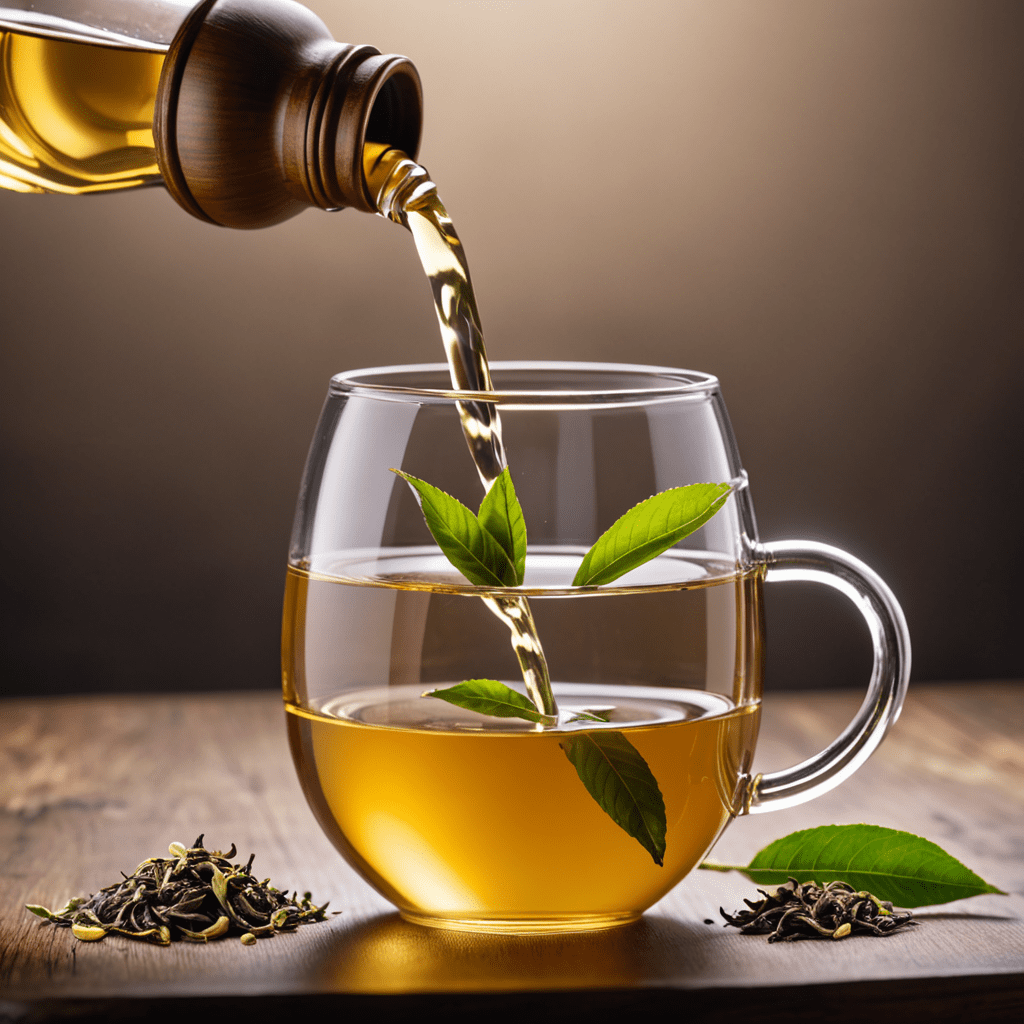Introduction: Assam Tea – A Legacy of Flavor
Assam tea, renowned globally for its robust flavor and malty aroma, is an integral part of Assam's cultural heritage and economic landscape. Cultivated in the fertile Brahmaputra Valley, Assam tea stands as a testament to the region's unique terroir, a harmonious blend of climate, soil, and cultural practices that has shaped its distinctive character.
Assam's Terroir: A Symphony of Climate, Soil, and Culture
Assam's terroir is characterized by a subtropical climate, ample rainfall, and rich alluvial soil. The Brahmaputra River, a lifeline for the region, provides vital irrigation and nutrients. The warm, humid climate, with distinct wet and dry seasons, allows for multiple harvests throughout the year.
The soil in the Brahmaputra Valley is a fertile blend of alluvial deposits and organic matter, providing an ideal environment for tea plants to thrive. The traditional cultivation practices, passed down through generations, further enhance the terroir's influence, contributing to the unique flavor profile of Assam tea.
Varietals of Assam Tea: Exploring the Spectrum of Flavors
Assam tea encompasses a wide range of varietals, each showcasing its own distinct characteristics. The most prominent varietal, Assamica, is known for its full-bodied, malty flavor. Other notable varietals include:
- China Hybrid: A blend of Assamica and Chinese tea varieties, offering a lighter flavor with floral notes.
- Cambod: A high-quality varietal with a distinct fruity aroma and a brisk finish.
- Desi: A traditional varietal prized for its strong, earthy flavor.
The Art of Plucking and Processing Assam Tea: A Delicate Balance
The plucking and processing of Assam tea is a delicate art that requires precision and attention to detail. Tea leaves are typically plucked twice a year, during the spring and summer seasons. Only the top two leaves and a bud are harvested, ensuring the highest quality of tea.
After plucking, the leaves undergo various processing steps to transform them into finished tea. These steps include withering, rolling, oxidation, and drying, each stage carefully controlled to preserve the tea's unique flavor and aroma.
Assam Tea's Health Benefits: A Elixir from Nature's Pharmacy
Beyond its captivating flavor, Assam tea offers a wealth of health benefits. It is a rich source of antioxidants, which protect against cellular damage and may reduce the risk of chronic diseases. Assam tea also contains caffeine, which provides a gentle energy boost and improves focus.
Additionally, studies have shown that Assam tea may aid digestion, boost the immune system, and lower cholesterol levels. Its anti-inflammatory properties may also help reduce joint pain and stiffness.
6. The Global Appeal of Assam Tea: A Drink that Transcends Borders
Assam tea has garnered global recognition for its distinctive flavor and aroma. It is exported to over 50 countries worldwide, captivating tea enthusiasts with its unique characteristics. From the bustling streets of London to the teahouses of Tokyo, Assam tea has become an integral part of tea cultures around the globe.
7. Assam Tea and the Local Economy: A Catalyst for Sustainable Development
Assam tea plays a vital role in the local economy, providing employment and income to a significant portion of the population. The tea industry directly and indirectly supports millions of people, from tea growers and pluckers to factory workers and retailers. It also contributes significantly to Assam's state revenue.
8. Tea Tourism in Assam: Unveiling the Origins of the Golden Leaf
Tea tourism has emerged as a popular way to experience the origins of Assam tea firsthand. Visitors can tour tea plantations, learn about the cultivation and processing methods, and sample the freshest brews. Tea festivals and exhibitions also provide an immersive experience into the rich tea culture of Assam.
9. Sustainability in Assam Tea Cultivation: A Commitment to Preserving Nature
Assam's tea industry has a strong commitment to sustainability. Many tea estates have adopted eco-friendly practices, such as organic cultivation, rainwater harvesting, and waste reduction. By preserving the natural environment, the industry ensures the longevity of Assam's tea heritage while minimizing its impact on the ecosystem.
10. Conclusion: Assam Tea – A Legacy to Cherish
Assam tea is an embodiment of the region's unique terroir, cultural heritage, and economic vitality. Its distinctive flavor and health benefits have made it a beloved beverage worldwide. As the industry continues to evolve, Assam tea remains a cherished legacy that is sure to captivate tea enthusiasts for generations to come.
FAQs
- What is the ideal brewing time for Assam tea?
Assam tea is typically brewed for 3-5 minutes using freshly boiled water.
- What type of milk is best for Assam tea?
Assam tea pairs well with both regular and plant-based milk, such as almond milk or soy milk.
- Is Assam tea caffeinated?
Yes, Assam tea contains caffeine, which provides a gentle energy boost.
- How can I distinguish between different grades of Assam tea?
Higher grades of Assam tea typically have larger leaves and a more intense flavor and aroma.
- Where can I find authentic Assam tea?
Authentic Assam tea can be found at specialty tea shops, tea plantations, and online retailers.



